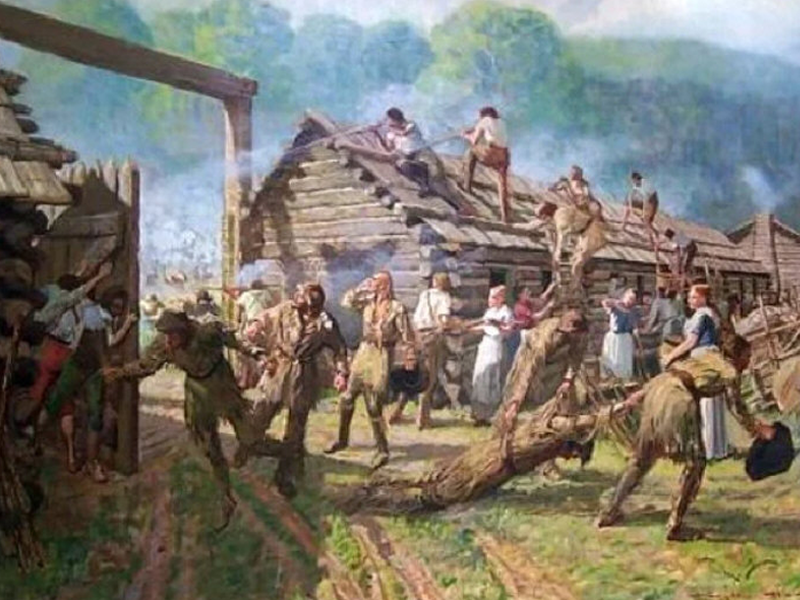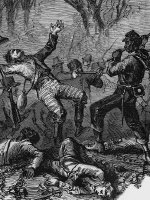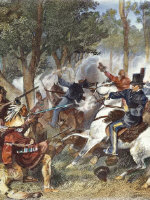Military History

“Slaves into Soldiers: Forging of the African Brigade in Northeast Louisiana.” Louisiana History 65 (Summer, 2024), pp. [to be added]. Prior to the Civil War, Black Americans were prohibited by law from serving in the U.S. military, although many Black patriots had fought for America during the Revolutionary War and defended New Orleans under Andrew Jackson during the War of 1812. During the early years of the Civil War, with the Union and Confederate armies locked in a stalemate, Lincoln became convinced that emancipation and recruitment of Black soldiers had become essential to the war effort. The Emancipation Proclamation of 1863 provided that freed slaves could serve in the military. Northeastern Louisiana became the testing ground for Black soldiers recruited from former plantation slaves, and they performed with courage and determination. During the war, more than 180,000 African-Americans served in the Union army, and from their ranks seventeen were awarded Medals of Honor.
“Amateurs at War: The Lack of Effective Leadership in the Militia of the Northwest, 1782-1812.” Perspectives in History 5 (Fall, 1990): 19-28. During the pioneer era, Kentucky settlers faced frequent conflicts with Native Americans who raided from their villages on the north side of the Ohio River, aided, equipped, advised, and sometimes led by British officers. This article examines the leadership of the volunteer Kentucky militia who responded to these raids, sometimes carrying out reprisals against the Ohio villages, from the initial settlement period through the early years of the War of 1812, concluding that the militia leaders were generally ineffective and often incompetent.


